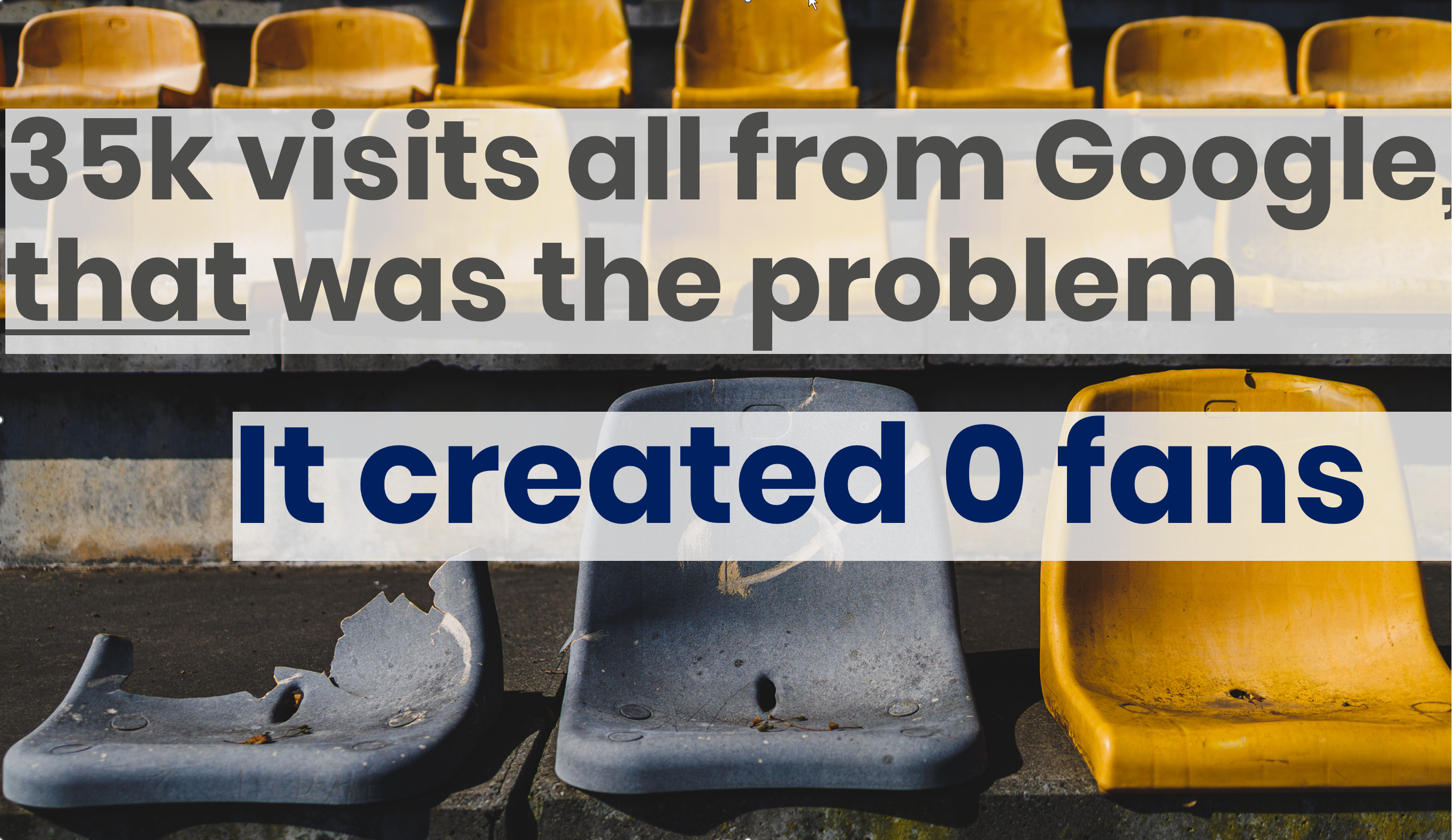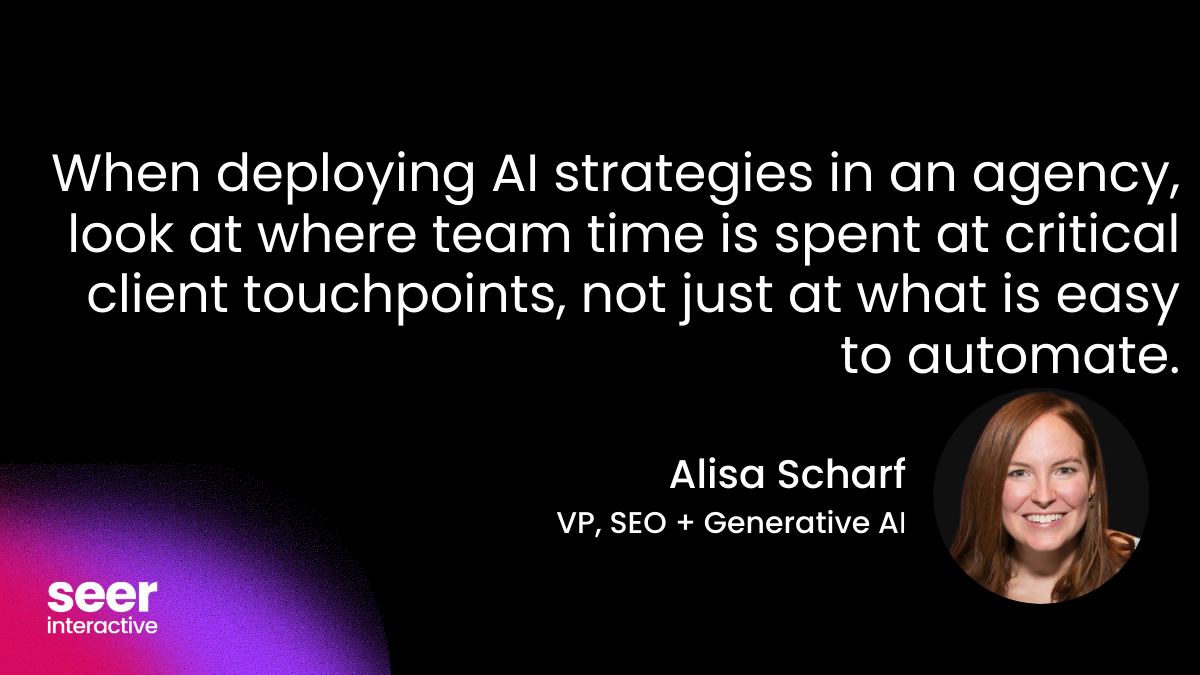We all know the purchase funnel that people go through as they make decisions, here are some great posts about that, so if you are not familiar with the searcher lifecycle, reference these resources by Avinash Kaushik, Marty Weintraub, and Gord Hotchkiss of Enquiro.
When you think about the funnel, it obviously begs the questions:
How would you change your keyword strategy? How would you change your content strategy? What is the potential impact on both SEO & SEM? How do you alter your landing pages for branded keywords?
Jess Hill, one of our SEO peeps at SEER inspired this post, as she showed me something one day with Google Suggest for one of her clients, that sparked all of this. One day she was showing me that by using "vs." after their brand name we could see what other software packages were being compared to our client. Remember folks ubersuggest keyword research tool helps you uncover these kinds of opportunities.
Here is a screen shot of the popular software tool salesforce.com with the word vs. after it:

While salesforce is a huge software brand where some of us would expect to see vs type keywords, many smaller branded keywords often show the same phenomenon:
Are you thinking this just applies to B2B software...guess again
Here are some examples in retail:
Under Armour vs. 
Sketchers Shape Ups  I was able to find samples in travel, automotive, and even pharma...so with all these examples I hope you decide to check your industries brands, its worth the 30 seconds.
I was able to find samples in travel, automotive, and even pharma...so with all these examples I hope you decide to check your industries brands, its worth the 30 seconds.
Tahiti vs. 
Lipitor vs. 
Ok Ok, no more beating a dead horse...
Now that I have turned you into a believer, lets talk about the strategic insights I glan from this kind of research:
1 I am now able to see how people compare my brand to other brands / locations / products in a given industry. It lets you get an idea of mindshare - much like how the MSN Adlab search funnels tool (Tool currently not available) can show you outgoing searches after someone searches for a keyword. I tend to us that tool for brands as well getting an understanding for how many people search for Lowes after searching for Home Depot?
2 If you review this trend quarterly, as a brand marketer it lets you know what other brands people associate with your brand and as this changes over time, you may get some marketing insights. For example, lets say that over the next year you see a shift from the #2 comparison for the BMW 335 going from 335 vs g37 to 335 vs s5 that might tell you something about your market perception. Or if you are a tourism commission for a city this could also give you some insights into what kinds of destinations you are being compared to.
3 Another thing that stands out to me is the likelihood that this person is much deeper in the conversion funnel. I think this applies especially for software marketers when someone is typing in your software vs another I am assuming that more than likely theyve narrowed their decision down a bit.
Just imagine the searcher trajectory, maybe I start with the word "sales software" then over time I looked at 8-10 different vendors. Once I start narrowing down my choices if I get it down to 2, I might try to compare those two specifically.
Ding FREAKING Ding these queries are showing you that you may have a 50/50 chance of converting.
When someone types in "sales software" you are likely one of 15-20 options on page 1, and if you take into account multiple queries, people going to page 2 etc a searcher might look at 20-30 different vendors at the earliest stages of their research. Once they put [you] vs. competitor into Google they have narrowed the field down significantly, and their query is showing that.
Now that you are convinced that these people are serious, now is the time to SHIFT your strategies to take advantage of this.
Im going to blow out the software example here
When searching for "salesforce vs act" look at the result set:

SEM friends, take heed...Im thrilled to see Salesforce.com with a paid ad specifically targeting this query..whoever is doing SEM for Salesforce.com, this is smart the URL has CRM_ACT the ad has ACT in I (which I dunno if that is legal, but whatever).
Where the potential failure occurs is likely on the landing page: 
Do you see the disconnect? If I am typing in "salesforce vs act" shouldn't my landing page highlight the difference between the two? I know that Salesforce.com probably does not want to mention ACT on its landing pages, and I understand that...but at least highlighting the strengths of Salesforce.com (specifically the ones that are where its better than ACT) would be helpful to me the searcher.
On the SEO side of the world, neither company is visible in the top 10 for SEO. And I can imagine that this is hard to rank for because you would have to put your competitors name on your site, which most of us dont want to do. In my opinion there are all kinds of ways to get ranked for these kinds of keywords without doing that.
I would think guest postings, article directories, and whitepaper distribution are just a few ways you could get links to a page that might help you move for this in natural search.
Lets look at another example on the Salesforce vs front. ZOHO is pushing hard as evidenced by this media push, to get people to switch from Salesforce to zoho. Yet when I type that into Google I get nothing from ZOHO on SEM and the press release above for SEO. How about a landing page with a nice big juicy form to capture leads.
There is one big hole to shoot through this line of thinking, and it is that the search volume (for these types of queries is so low that it is not worth it). And I would say test it, my argument is at least set it up! SEE what happens, you likely have: 1 - little competition for SEM on many of these queries 2 - little competition hopefully means lower cost 3 - a very targeted, highly likely to convert group
For my SEM friends, DO NOT target these keywords and drop people on your homepage. Develop a template for comparing you to a competitor, and replicate that template over and over again for each of the major competitors that show up for your vs. keywords.
Hope this helped, and as always you can pick my brain on everything good related to keyword development.
I'll also be speaking at pubcon in Las Vegas next week on this and several other keyword strategies - want a sneak peak of it, check out my video on B2B keyword strategies.


